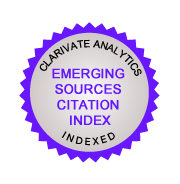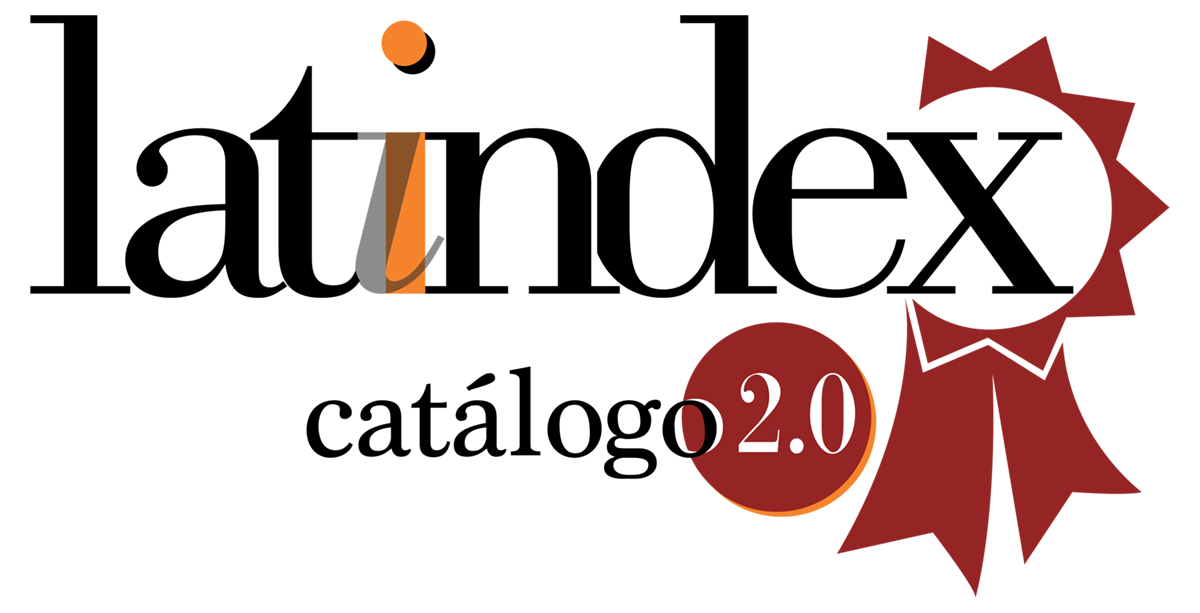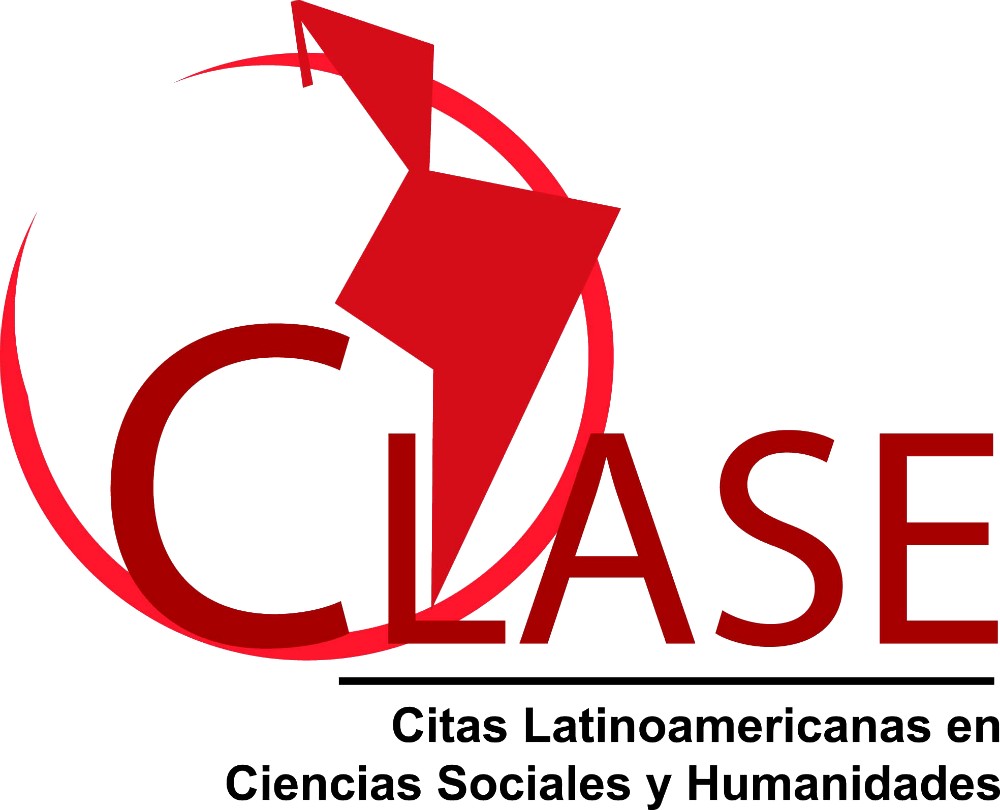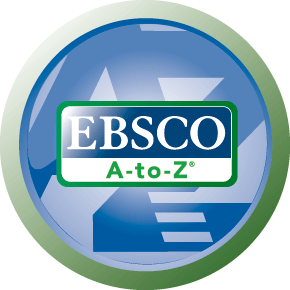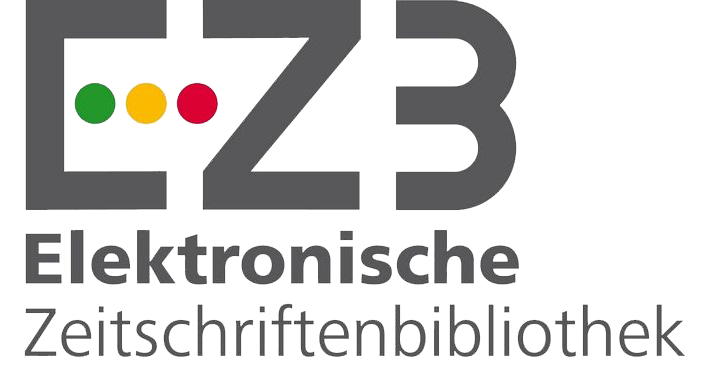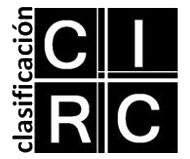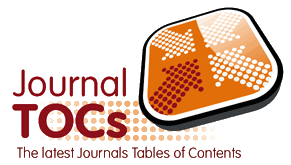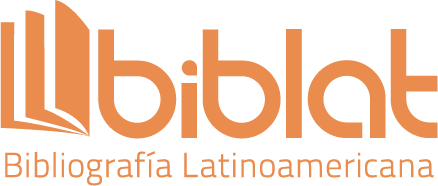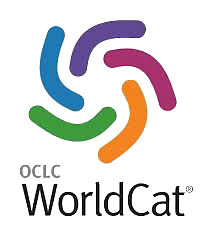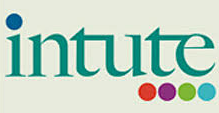Technology, university and company
development of a virtual simulator in Tandil, Buenos Aires Province (2018-2020)
DOI:
https://doi.org/10.24215/16696581e721Keywords:
technologies, university, company, convergence, proximitiesAbstract
This paper explores the processes of change and technological convergence in the Argentine Information and Communication Technology (ICT) sector from the perspective of the economy of innovation and evolutionary economic geography. The article is based on the results obtained within the framework of an Executing Unit (PUE CONICET) research project entitled: "Transversal technologies, knowledge disseminating activities and development policies in the territory: biotechnology, ICT and Metalworking" (2018-22). Part of the survey of primary and secondary sources and is based on the study of a case of development of "heavy vehicle simulator" designed in Tandil, province of Buenos Aires, between 2018 and 2020. The case investigated comprises a network of heterogeneous actors and allows to account for a work process in which the bases of knowledge and technological capabilities of a spin-off company of a national university and a hardware and electronics development company from Tandil converge. This convergence occurs from a peculiar combination between the different proximities that characterize the case.
Downloads
References
AIBAR, Eduard (2008): Las culturas de Internet: la configuración sociotécnica de la red de redes. CTS: Revista iberoamericana de ciencia, tecnología y sociedad, vol. 4, no 11, p. 9-21.
AZUMA, Ronald (1997) A survey of augmented reality. Presence: Teleoperators & Virtual Environments, vol. 6, no 4, p. 355-385.
BECATTINI, G.; BELLANDI, M.; DE PROPRIS, L. (ed.) (2014): A handbook of industrial districts. Edward Elgar Publishing. Recuperado de https://www.cs.unc.edu/~azuma/ARpresence.pdf
BELL, Martin, AND PAVITT Keith (1995): "The development of technological capabilities." Trade, technology and international competitiveness 22.4831; 69-101.
BOSCHMA, Ron and LAMBOOY, Jan (1999): Evolutionary economics and economic geography. Journal of evolutionary economics, vol. 9, no 4, p. 411-429.
BOSCHMA, Ron (2005): Proximity and innovation: a critical assessment. Regional studies, vol. 39, no 1, p. 61-74.
BRIXNER, Cristian, ISAAK, Paula, MOCHI, Silvina, OZONO, Maximiliano Y YOGUEL, Gabriel (2019): “Industria 4.0: ¿Intensificación del paradigma TIC o nuevo paradigma tecnoorganizacional?”, Documento de trabajo Nº 17, Buenos Aires: Centro Interdisciplinario de Estudios en Ciencia, Tecnología e Innovación (CIECTI).
CASSIOLATO, José Eduardo; SZAPIRO, Marina. (2003): Uma caracterização de arranjos produtivos locais de micro e pequenas empresas. Pequena empresa: cooperação e desenvolvimento local. Rio de Janeiro: Relume Dumará.
CASTELAO CARUANA, María Eugenia; DE VITA, Mariel; LAVARELLO, Pablo (2021): Proximidades en el aprendizaje tecnológico: enseñanzas metodológicas para el estudio de los entramados locales en América Latina. Revista Ensayos de Economía, Universidad Nacional de Colombia, Vol.31, Núm.5.
THOMAS, P CAUDELL.; DAVID, MIZELL (1992): Augmented reality: An application of heads-up display technology to manual manufacturing processes. En Hawaii international conference on system sciences. p. 659-669.
CHOLLET, FRANCOIS (2018): DEEP LEARNING MIT PYTHON UND KERAS Das Praxis-Handbuch vom Entwickler der Keras-Bibliothek. MITP-Verlags GmbH & Co. KG.
COOKE, Philip (2001) Regional innovation systems, clusters, and the knowledge economy. Industrial and Corporate Change, 10(4), 945-974.
ETZKOWITZ, Henry; WEBSTER, Andrew; HEALEY, Peter (ED.) (1998): Capitalizing knowledge: New intersections of industry and academia. Suny Press.
FRANCIS, Simitha (2018): Evolution of Technology in the Digital Arena: Theories, Firm-level Strategies and State Policies. New Delhi: Centre for WTO Studies, CRIT, IIFT. Recuperado de http://wtocentre.iift.ac.in/workingpaper/WorkingPaper47.pdf
FREEMAN, Christopher & PEREZ, Carlota (1988): Structural Crises of Adjustment, Business Cycles and. Recuperado de https://carlotaperez.org/wp-content/downloads/publications/theoretical-framework/StructuralCrisesOfAdjustment.pdf
AUTORES/AS (2020): Contextos semi-periféricos y tecnologías: alternativas y desafíos del sector de software y servicios informáticos argentino. Revista Pilquen, Sección Ciencias Sociales, Vol.23, N. 2. ISSN 1851-312.
HACKLIN, Frederik (2007): Management of convergence in innovation: strategies and capabilities for value creation beyond blurring industry boundaries. Springer Science & Business Media.
HERNÁNDEZ VEGA, José (2010): El software embebido y los retos que implica su desarrollo, en Consciencia Tecnológica, núm,40, julio-diciembre, pp.42-45.
KIRAT, Thierry. Y LUNG, Yannick (1999): Innovation and proximity. Territories as loci of collective learning processes, European Urban and Regional Studies, 6,1: 27-38.
NEIMAN, Guillermo & QUARANTA, Germán (2016): Los estudios de caso en la investigación sociológica. En Vasilachis de Gialdino (Coord) Estrategias de investigación cualitativa, vol. 1, p. 213-237.
PEREZ, Carlota (2010): Technological revolutions and techno-economic paradigms. Cambridge journal of economics, vol. 34, no 1, p. 185-202.
PEREZ, Carlota (2016): Capitalism, technology and a green global golden age: the role of history in helping to shape the future. En M. Jacobs et M. Mazzucato (eds.) Rethinking Capitalism: Economics and Policy for Sustainable and Inclusive Growth, vol. 1.
PERROUX, Francois (1964): La economía del siglo XX. Barcelona: Ariel.
PORTER, MICHAEL (1990): COMPETITIVE advantage of nations: creating and sustaining superior performance. Simon and Schuster.
RALLET, Andre (1993): Choix de proximite et processus d’innovation technologique. Revue d’Economie Regionale et Urbaine, Numero special Economie de Proximites, 3, 365–386.
RALLET, Alain, Y TORRE, Ande (1999): Is Geographical Proximity Necessary in the Innovation Networks in the Era of Global Economy? GeoJournal, 49, 373–380.
SCHEER, August-Wilhelm (2015): Industry 4.0 From vision to implementation. Whitepaper, No 9, septiembre, Scheer/awsi, vol. 9.
SRNICEK, Nick. (2018): Capitalismo de plataformas. Caja Negra.
TORRE, Andre (2010): Jalons pour une analyse dynamique des Proximités. Revue d´Economie Regionale Urbaine, 2010, 3, 409-437.
VALENDUC, Gérard (2018): Technological revolutions and societal transitions. ETUI Research Paper-Foresight Brief. Recuperado de https://papers.ssrn.com/sol3/papers.cfm?abstract_id=3180000
VERSINO, Mariana, GUIDO, Luciana Y DI BELLO, Mariana (2012): Universidades y sociedades: aproximaciones al análisis de la vinculación de la universidad argentina con los sectores productivos, Los Polvorines: Universidad Nacional de General Sarmiento; Buenos Aires: IEC-CONADU.
Downloads
Published
How to Cite
Issue
Section
License
La aceptación de un original por parte de la revista implica la cesión no exclusiva de los derechos patrimoniales de los/as autores/as en favor del editor, quien permite la reutilización, luego de su edición (postprint), bajo una Licencia Creative Commons Atribución-NoComercial-CompartirIgual 4.0 Internacional (CC BY-NC-SA 4.0)
Acorde a estos términos, el material se puede compartir (copiar y redistribuir en cualquier medio o formato) y adaptar (remezclar, transformar y crear a partir del material otra obra), siempre que a) se cite la autoría y la fuente original de su publicación (revista y URL de la obra), b) no se use para fines comerciales y c) se mantengan los mismos términos de la licencia.
La cesión de derechos no exclusivos implica que luego de su edición (postprint) en Question las/os autoras/es pueden publicar su trabajo en cualquier idioma, medio y formato; en tales casos, se solicita que se consigne que el material fue publicado originalmente en esta revista.
Tal cesión supone, también, la autorización de los/as autores/as para que el trabajo sea cosechado por SEDICI, el repositorio institucional de la Universidad Nacional de La Plata, y sea difundido en las bases de datos que el equipo editorial considere adecuadas para incrementar la visibilidad de la publicación y de sus autores/as.
Asimismo, la revista incentiva a las/os autoras/es para que luego de su publicación en Question depositen sus producciones en otros repositorios institucionales y temáticos, bajo el principio de que ofrecer a la sociedad la producción científica y académica sin restricciones contribuye a un mayor intercambio del conocimiento global.







